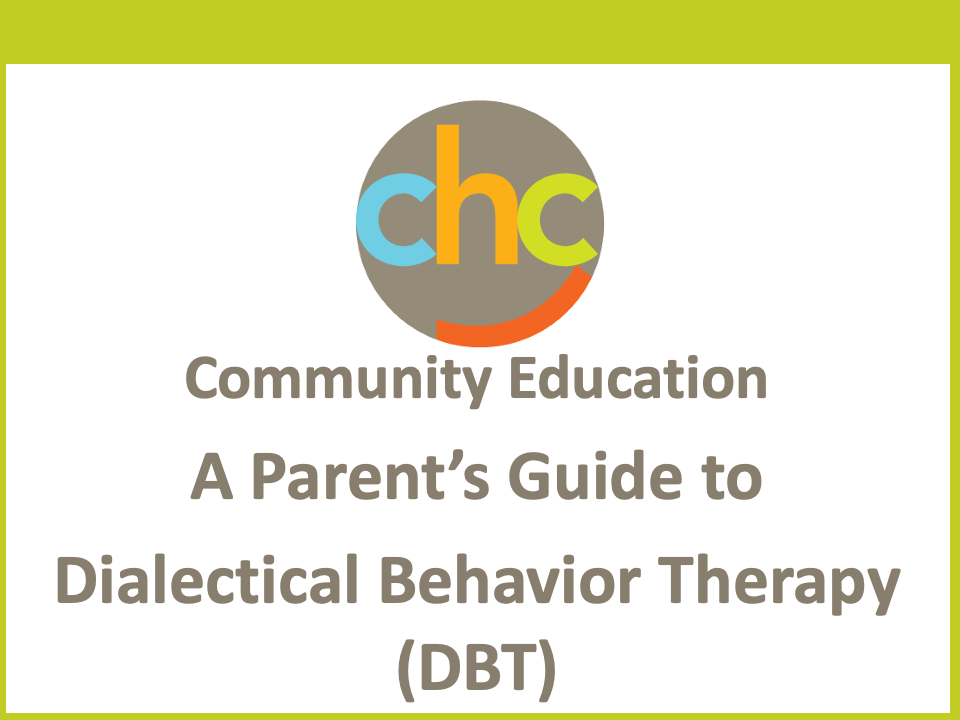Is Your Teen Vaping? Why ADHD Brains Get Addicted & How to Quit
 Most parents are keenly aware of the dangers of vaping. After decades of decline in teen smoking, nicotine is again finding its way to teens and young adults. Among youth, a primary appeal of e-cigarettes, like Juuls, is the fact that they can keep their smoking private. Unlike stinky cigarettes, vape devices emit nearly odorless vapor, and they’re small and easily concealed. Read more ›
Most parents are keenly aware of the dangers of vaping. After decades of decline in teen smoking, nicotine is again finding its way to teens and young adults. Among youth, a primary appeal of e-cigarettes, like Juuls, is the fact that they can keep their smoking private. Unlike stinky cigarettes, vape devices emit nearly odorless vapor, and they’re small and easily concealed. Read more ›


 In elementary school, it’s common to have social and emotional lessons built into the curriculum, and the research shows that they have a strong, positive impact on student outcomes and school climate. But a 2019
In elementary school, it’s common to have social and emotional lessons built into the curriculum, and the research shows that they have a strong, positive impact on student outcomes and school climate. But a 2019 
 Positive social connections with people at all stages in life help ensure healthy development, physically, socially, and emotionally. As children transition to adolescence and start to spend less time with parents and siblings, friendships with peers become an increasingly important source of these social connections.
Positive social connections with people at all stages in life help ensure healthy development, physically, socially, and emotionally. As children transition to adolescence and start to spend less time with parents and siblings, friendships with peers become an increasingly important source of these social connections. 
 Adolescence is a time of enormous change, physically, emotionally and socially. It is a difficult time for many parents. Young people say that they WANT to talk to their parents about sexuality, especially about values and relationships. They believe their parents’ opinion is important and they would like to be able to go to them when they have questions. If parents show they are open and willing to talk about these topics, teens will ask.
Adolescence is a time of enormous change, physically, emotionally and socially. It is a difficult time for many parents. Young people say that they WANT to talk to their parents about sexuality, especially about values and relationships. They believe their parents’ opinion is important and they would like to be able to go to them when they have questions. If parents show they are open and willing to talk about these topics, teens will ask. 
 Every parent of a teen has experienced it: that rare moment when your teen opens up and shares information with you about his or her life. It’s a joy.
Every parent of a teen has experienced it: that rare moment when your teen opens up and shares information with you about his or her life. It’s a joy.
 Young women ages 13 and up should be screened for anxiety at routine visits, according to a new
Young women ages 13 and up should be screened for anxiety at routine visits, according to a new 
 While the number of pediatric emergency department (ED) visits across the nation has remained stable over the last 10 years, visits for mental health disorders have risen 60% and the rate of visits for deliberate self-harm have increased 329%.
While the number of pediatric emergency department (ED) visits across the nation has remained stable over the last 10 years, visits for mental health disorders have risen 60% and the rate of visits for deliberate self-harm have increased 329%. 
 By seventh grade, Zachary Nimmo had meticulously mapped out his future to the tiniest detail — take every engineering course offered at Amador Valley High School in Pleasanton, attend Las Positas Community College for two years, transfer to Cal Poly to earn an engineering degree, then move to Seattle. His friends called him a hybrid — an excellent soccer and lacrosse athlete and a self-proclaimed geek — passionate about computers, coding and comic books. But something started to change in eighth grade, and his parents were concerned with his darkening behavior.
By seventh grade, Zachary Nimmo had meticulously mapped out his future to the tiniest detail — take every engineering course offered at Amador Valley High School in Pleasanton, attend Las Positas Community College for two years, transfer to Cal Poly to earn an engineering degree, then move to Seattle. His friends called him a hybrid — an excellent soccer and lacrosse athlete and a self-proclaimed geek — passionate about computers, coding and comic books. But something started to change in eighth grade, and his parents were concerned with his darkening behavior. 
 Aside from experiencing physical changes, preteens also undergo a brain growth spurt much like toddlers. Ron Dahl, who directs the
Aside from experiencing physical changes, preteens also undergo a brain growth spurt much like toddlers. Ron Dahl, who directs the 


